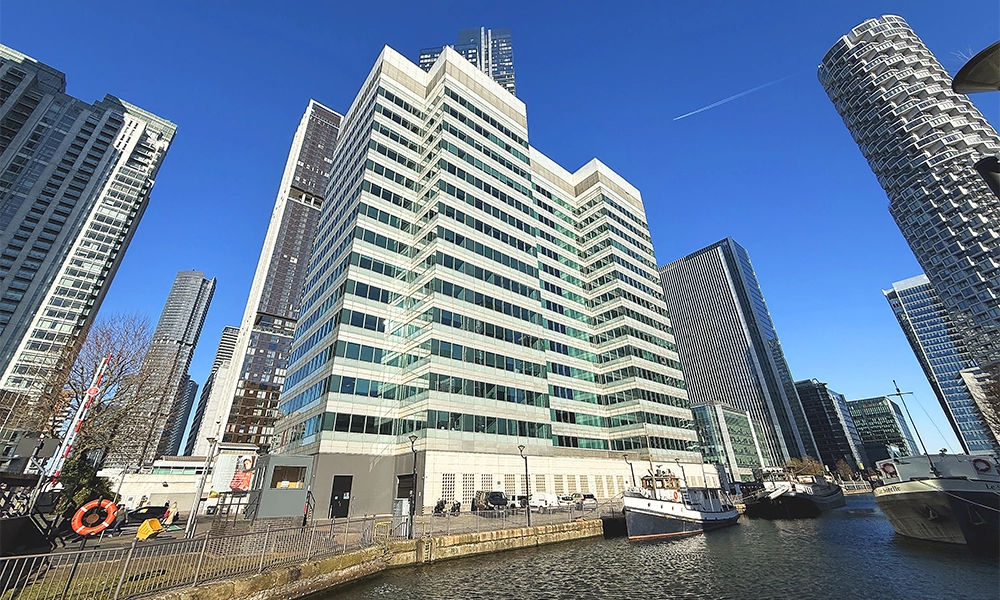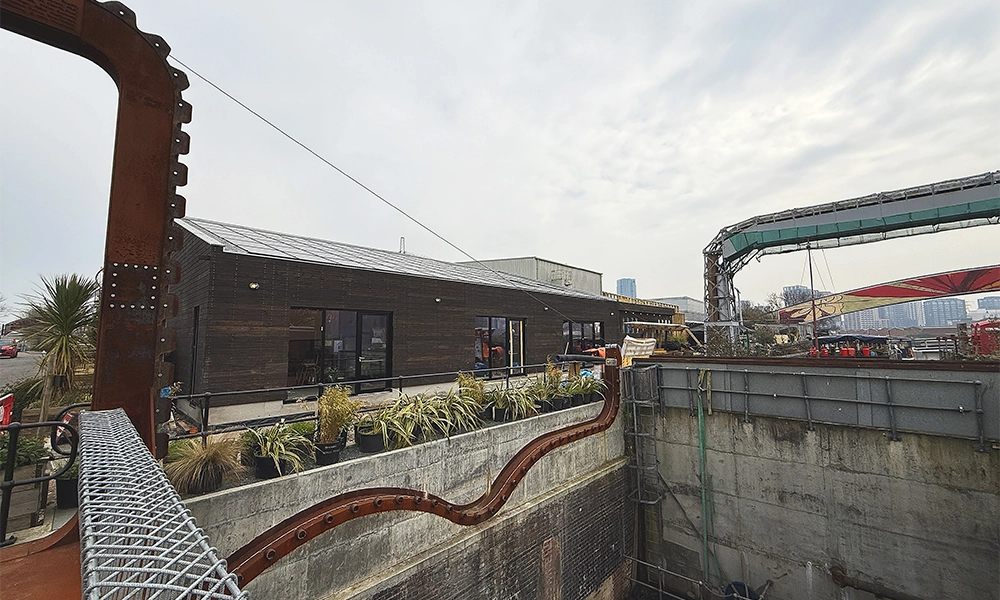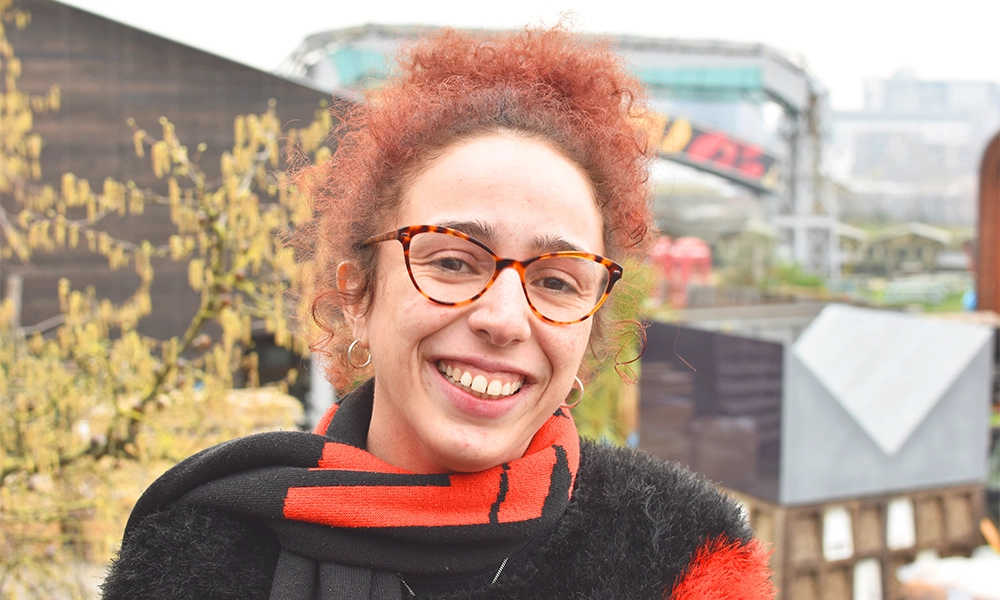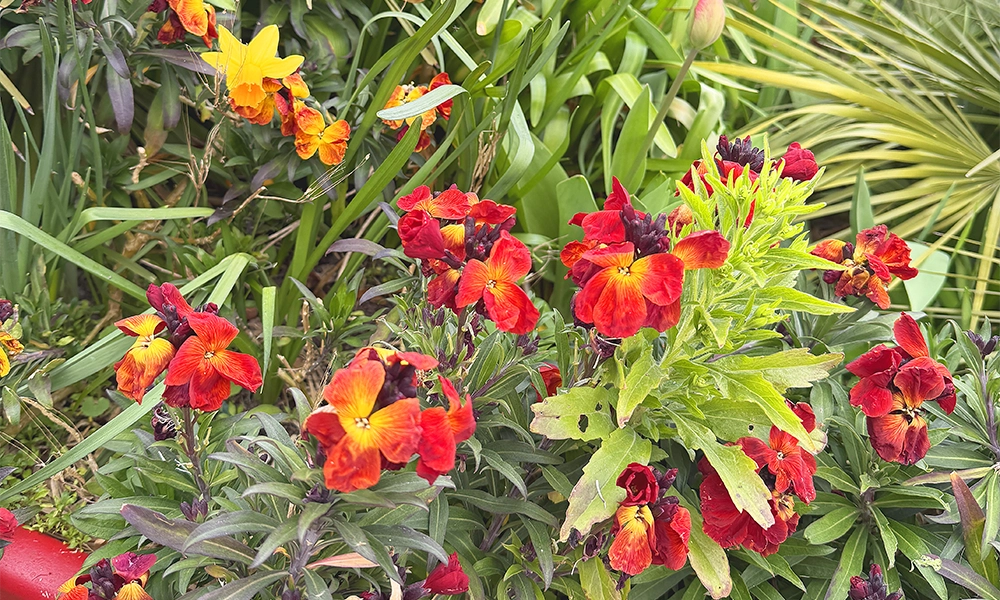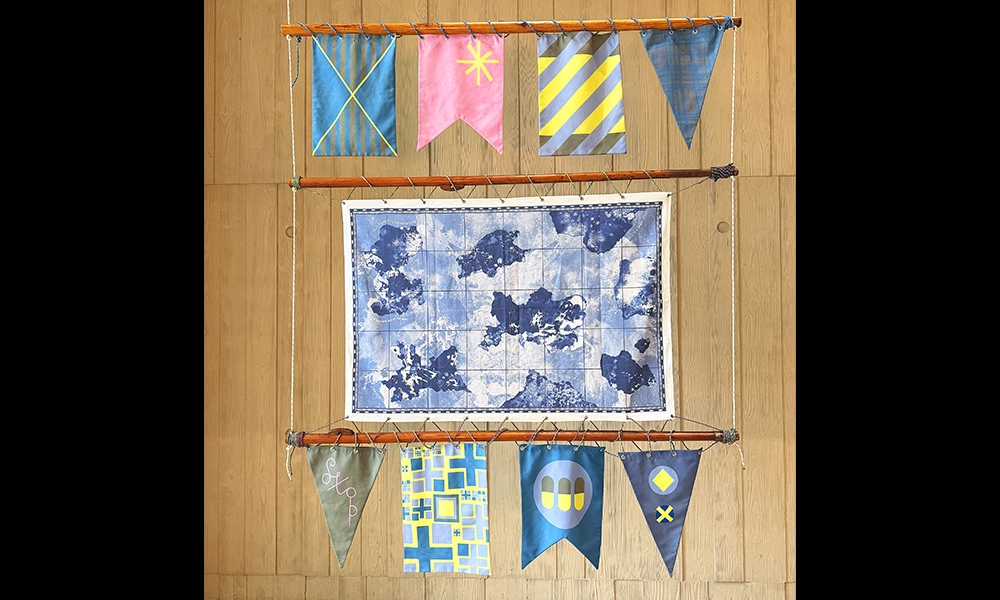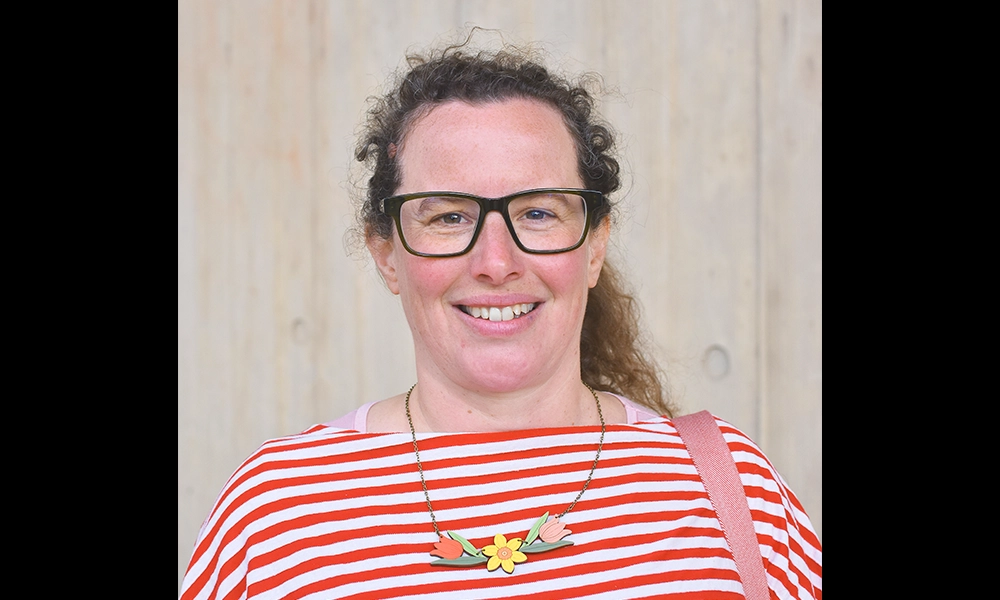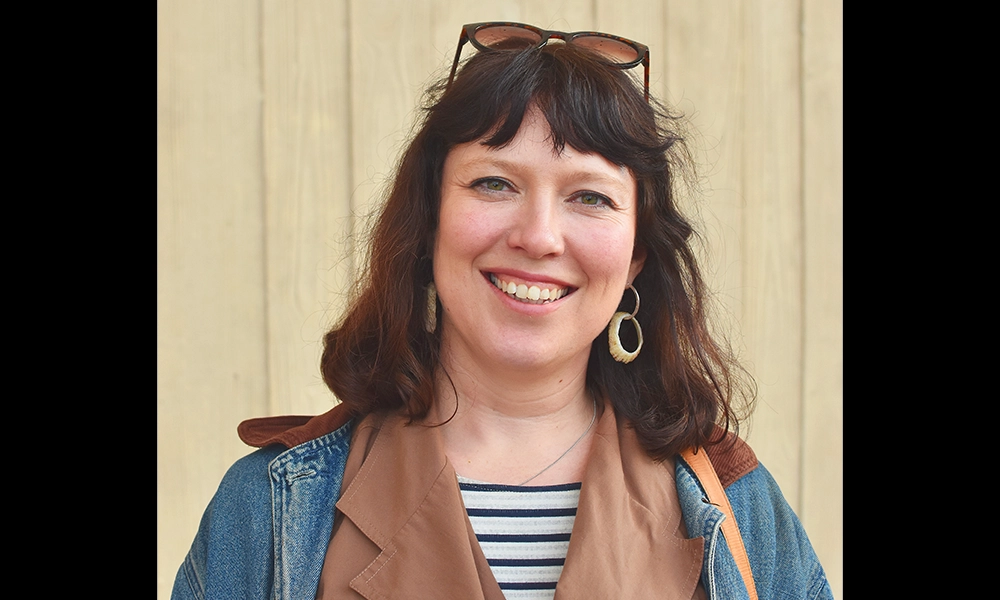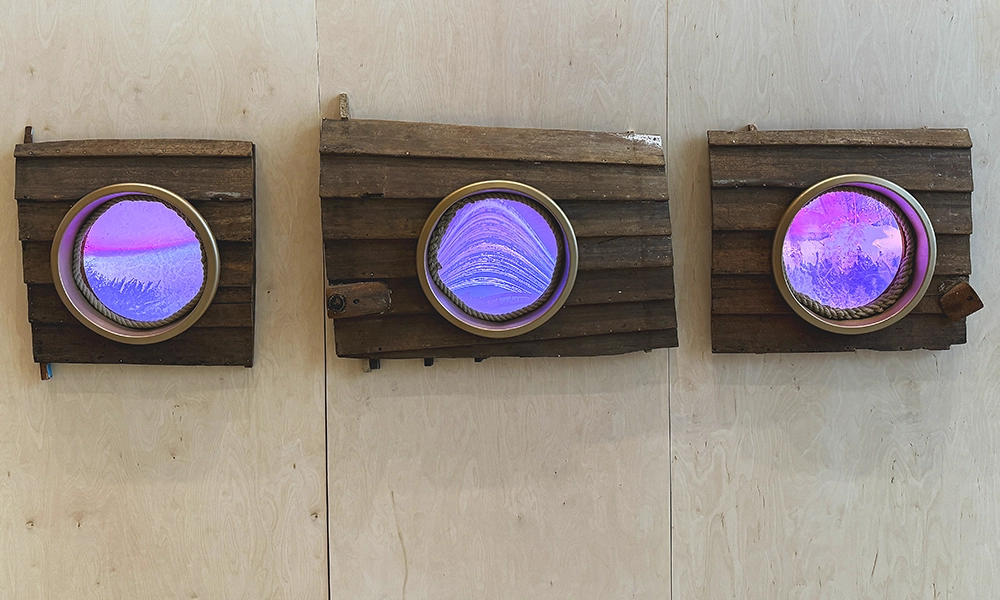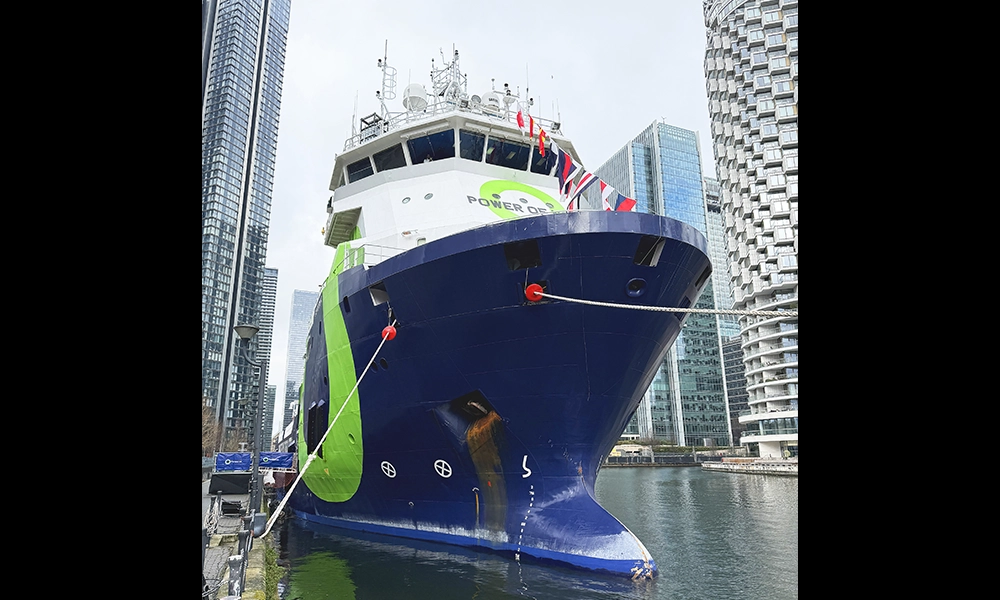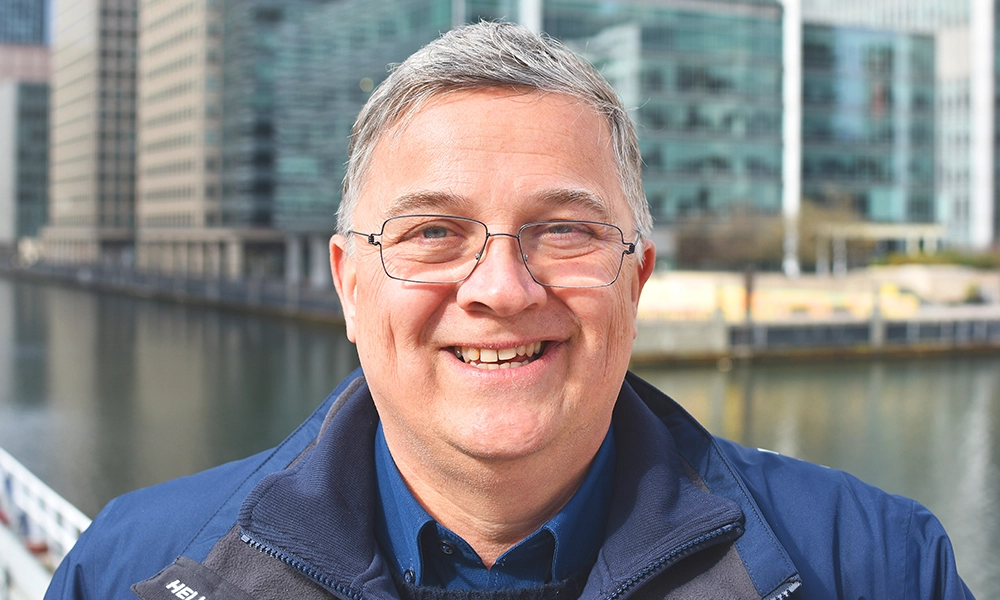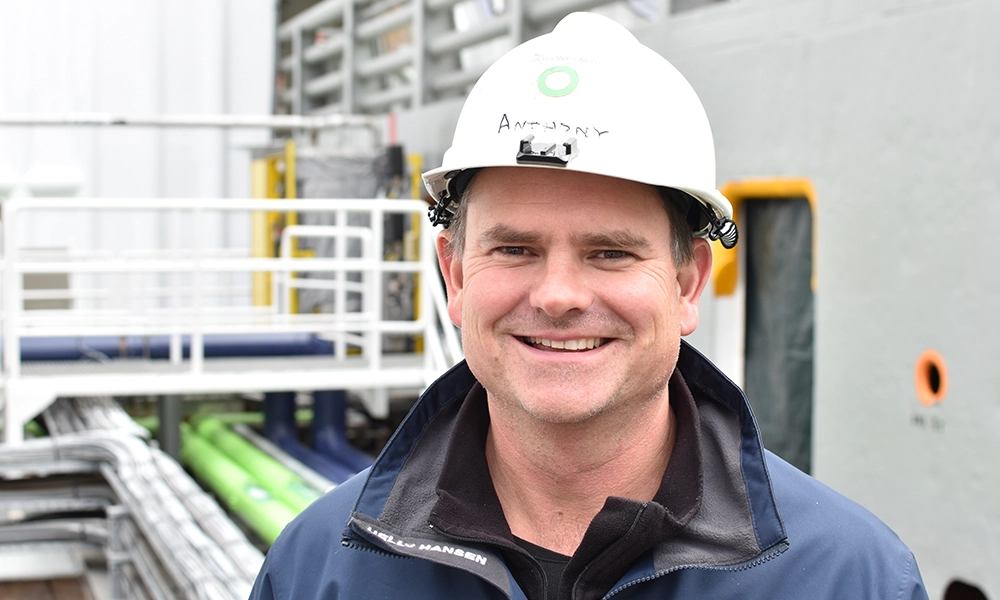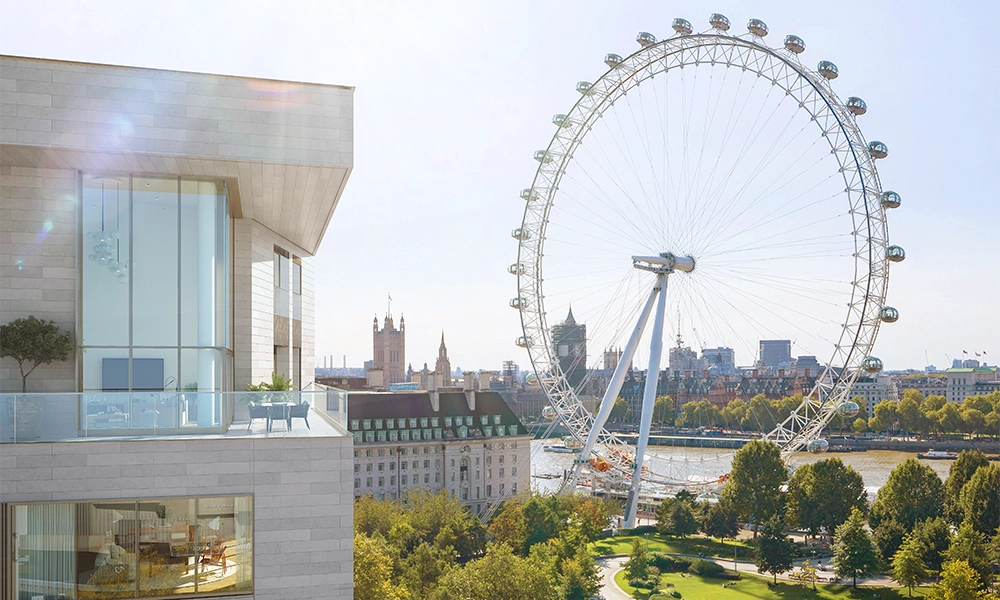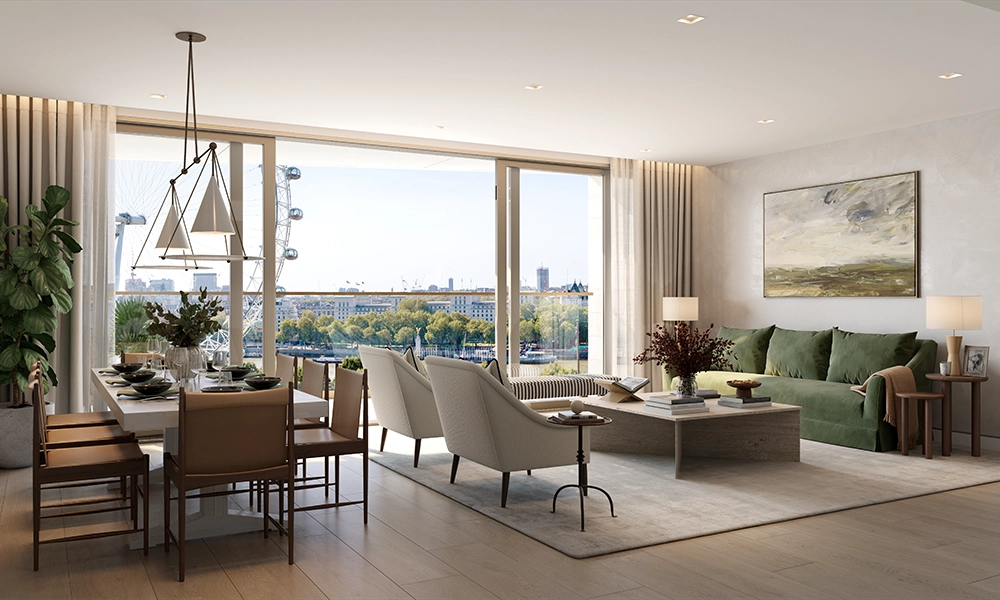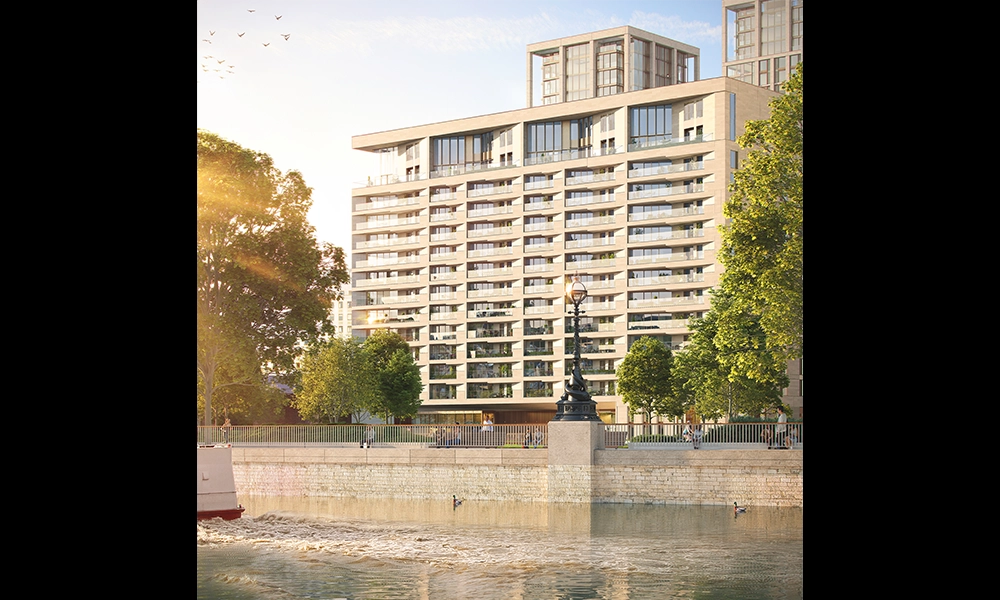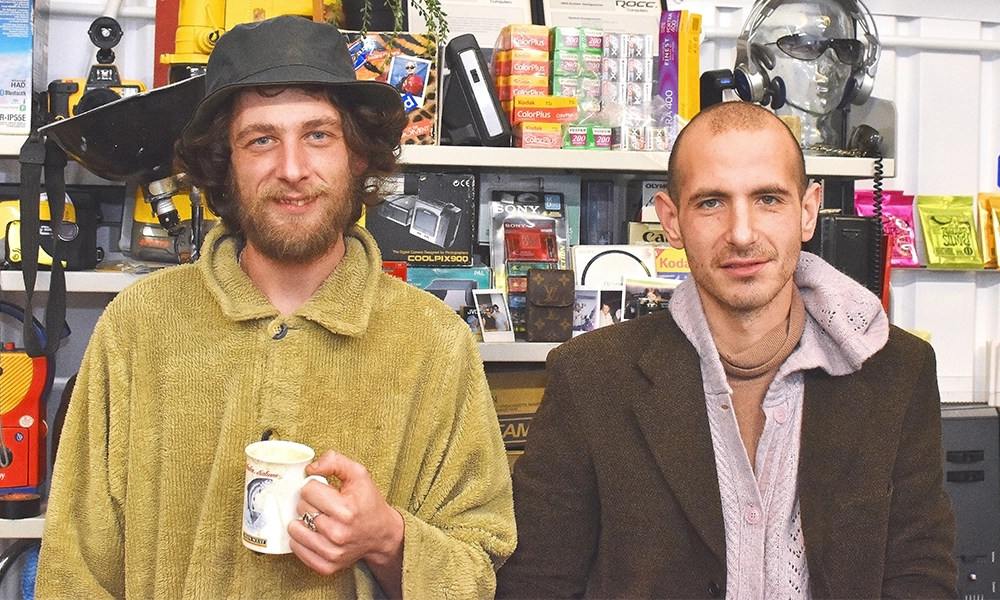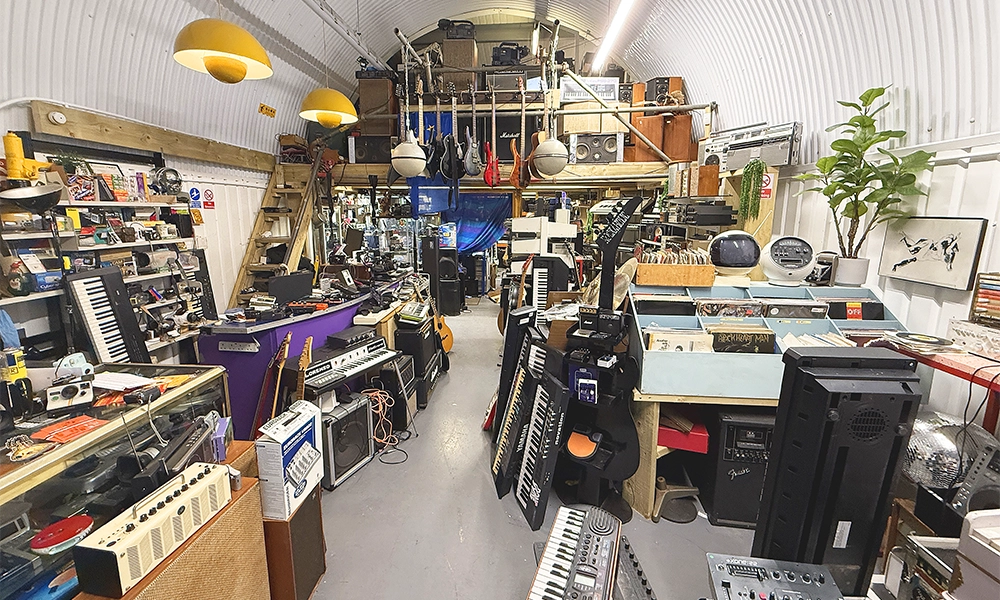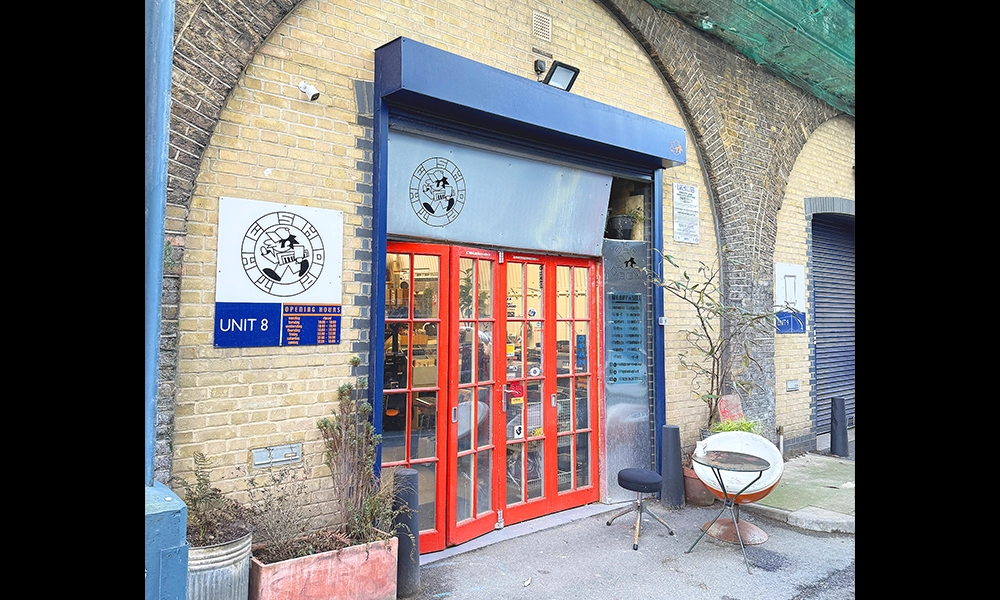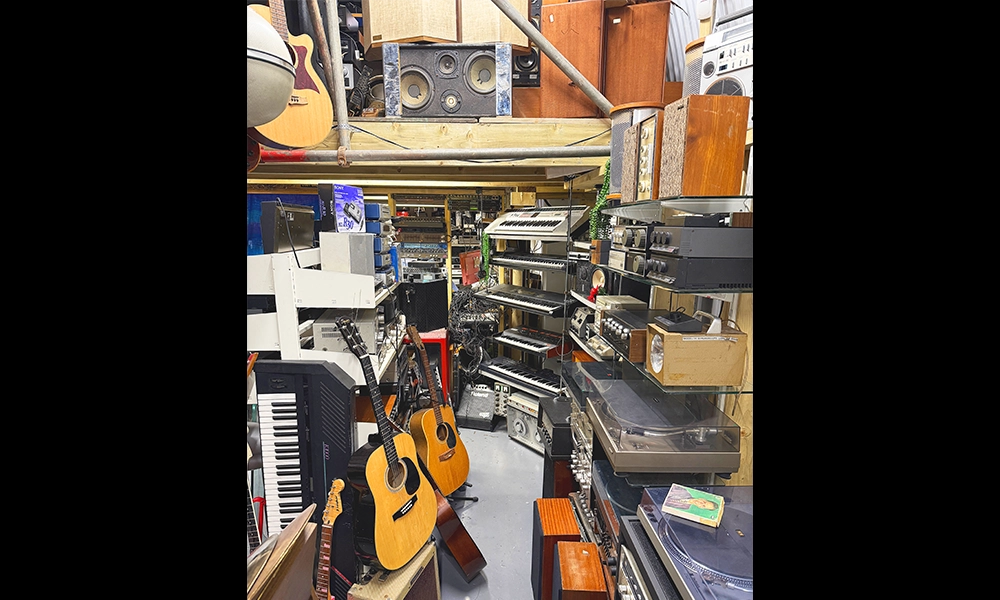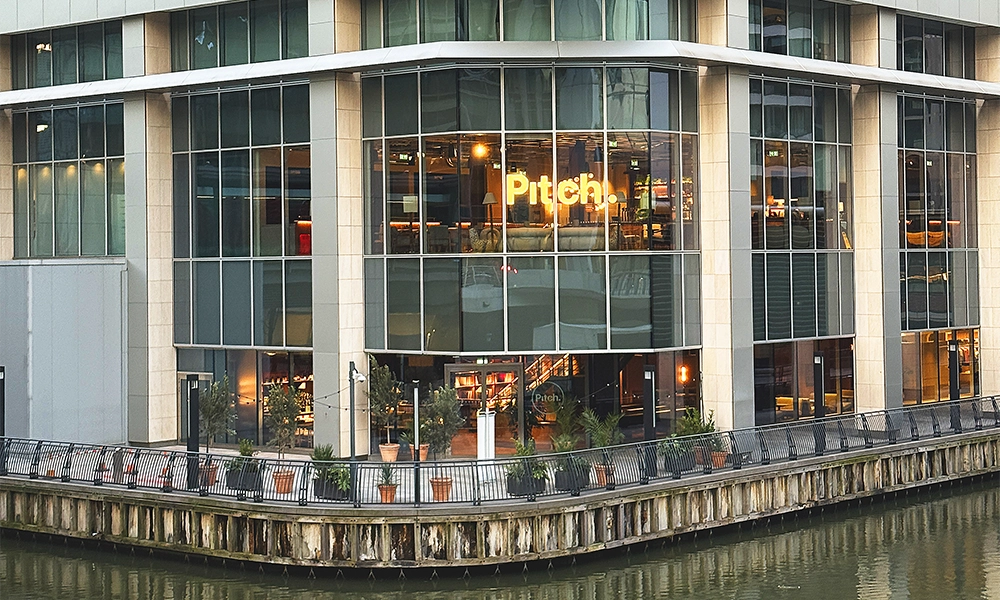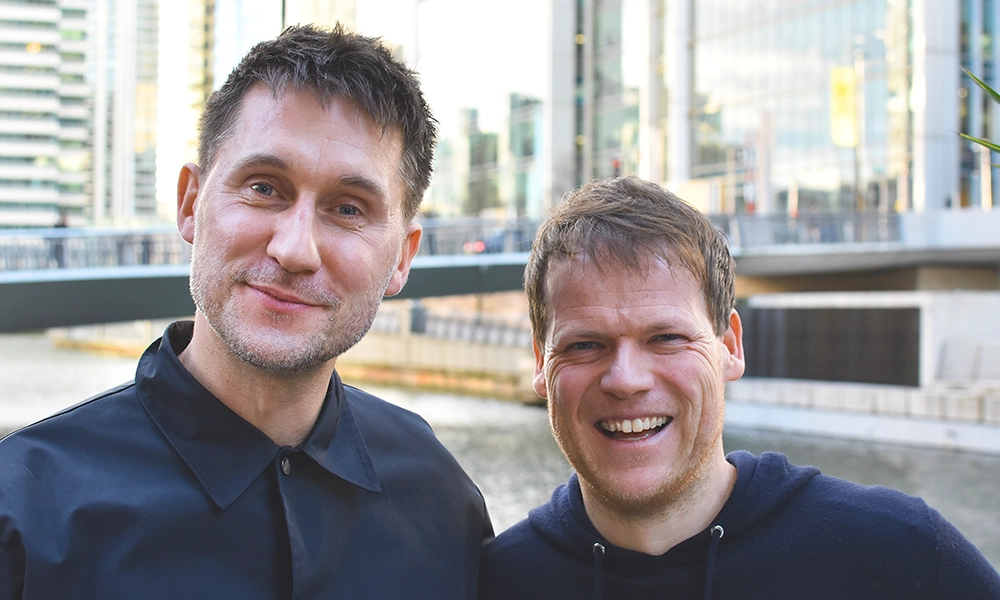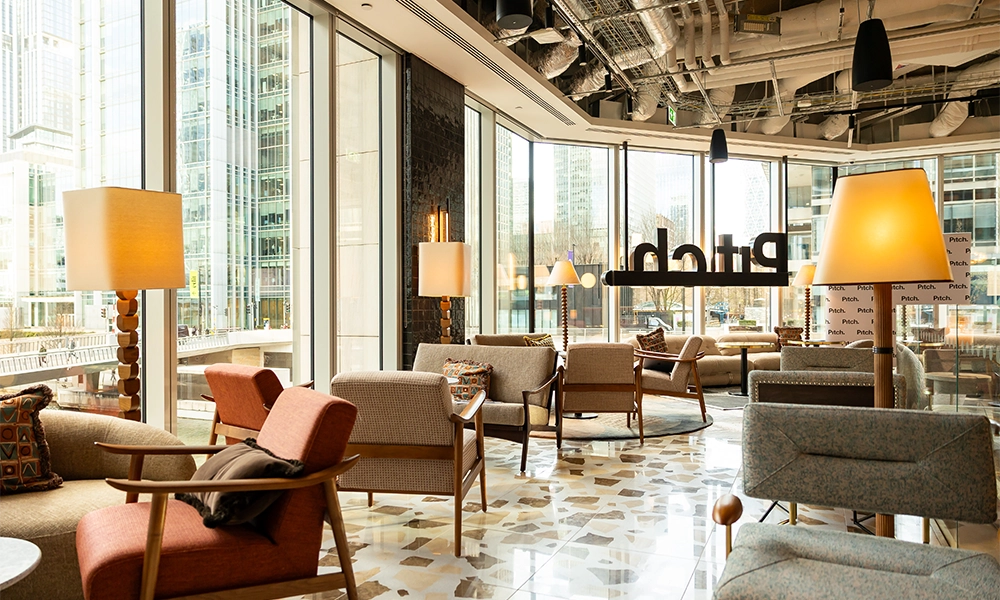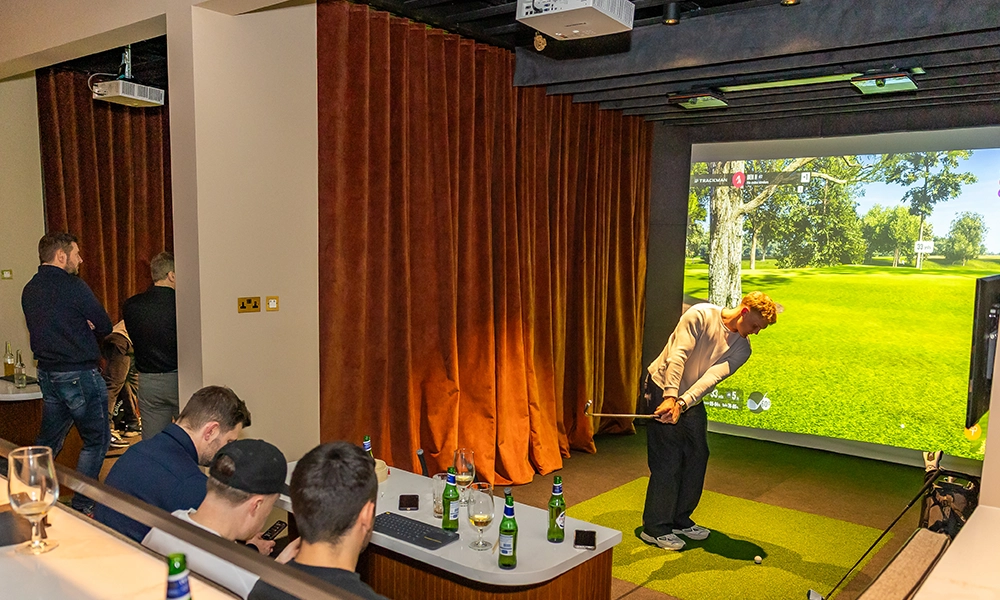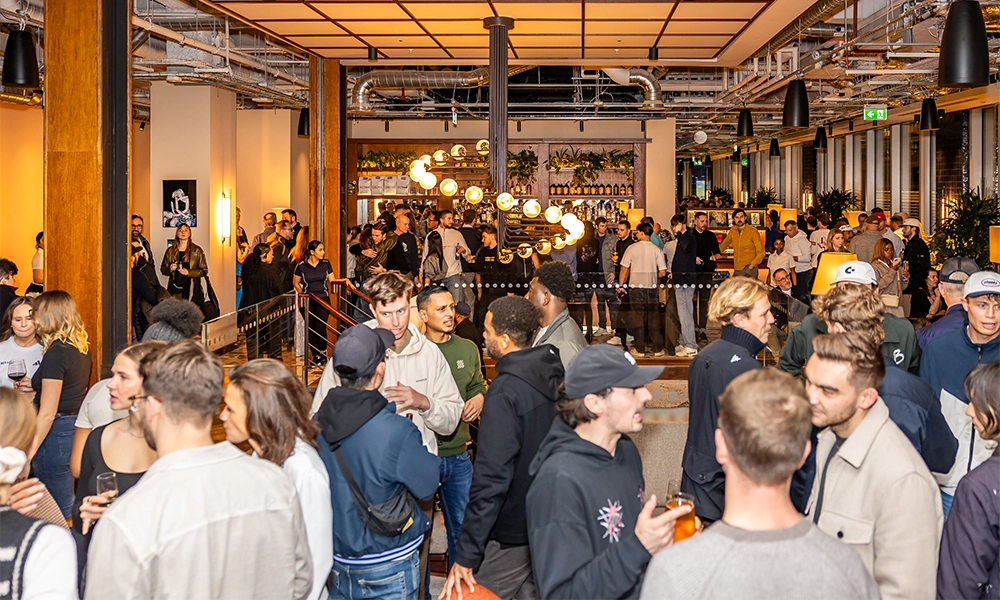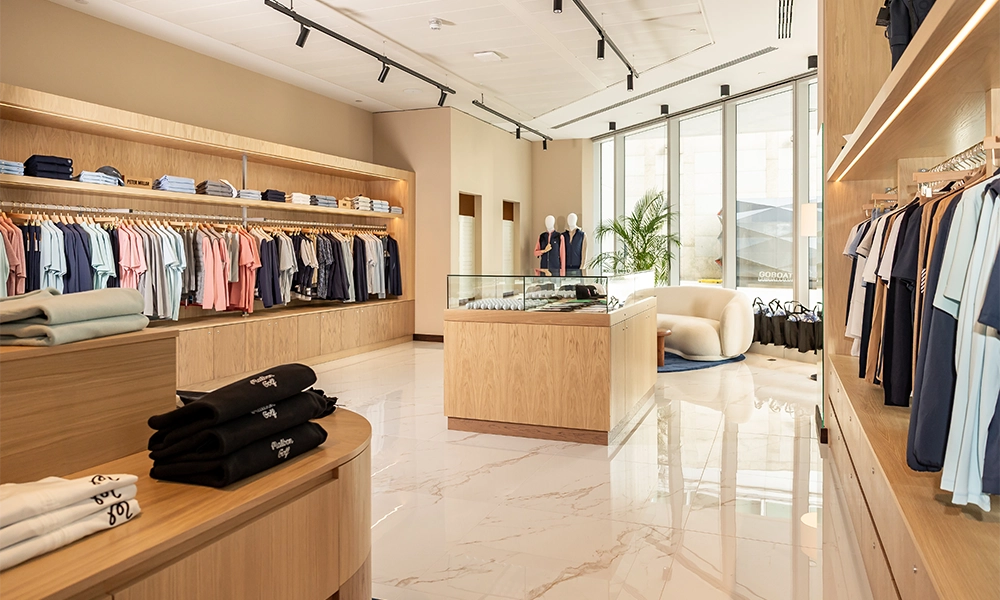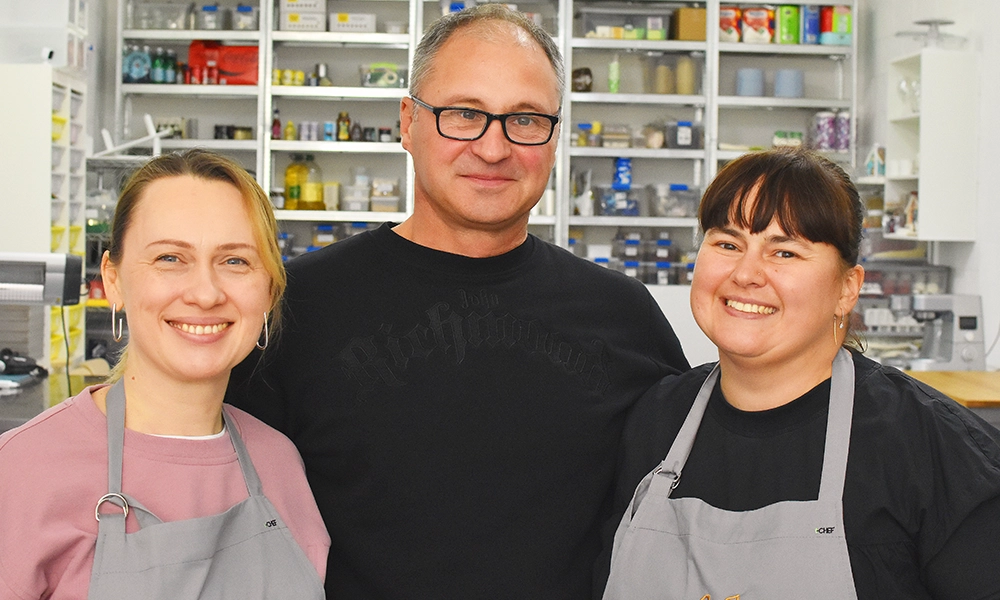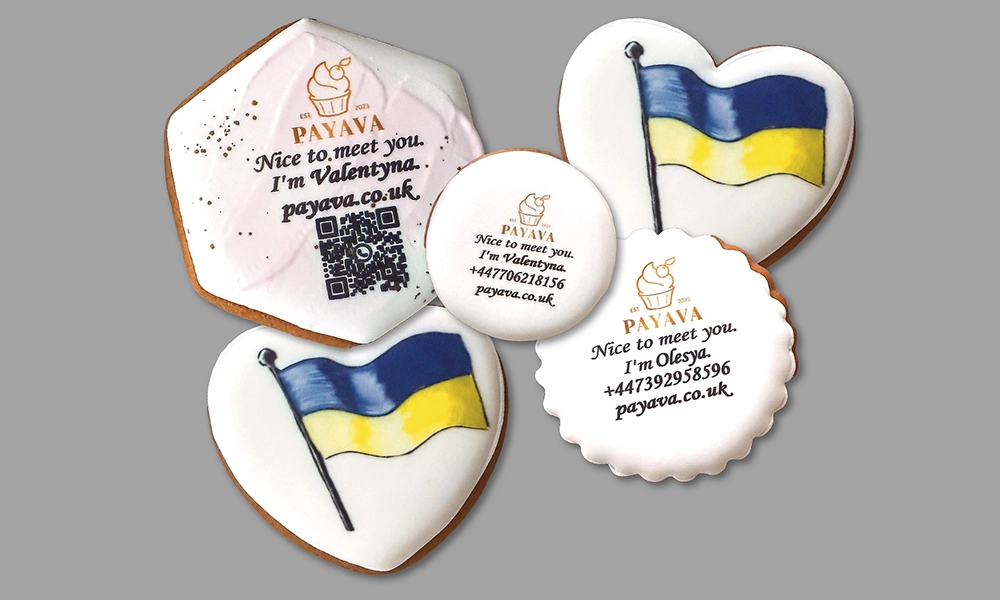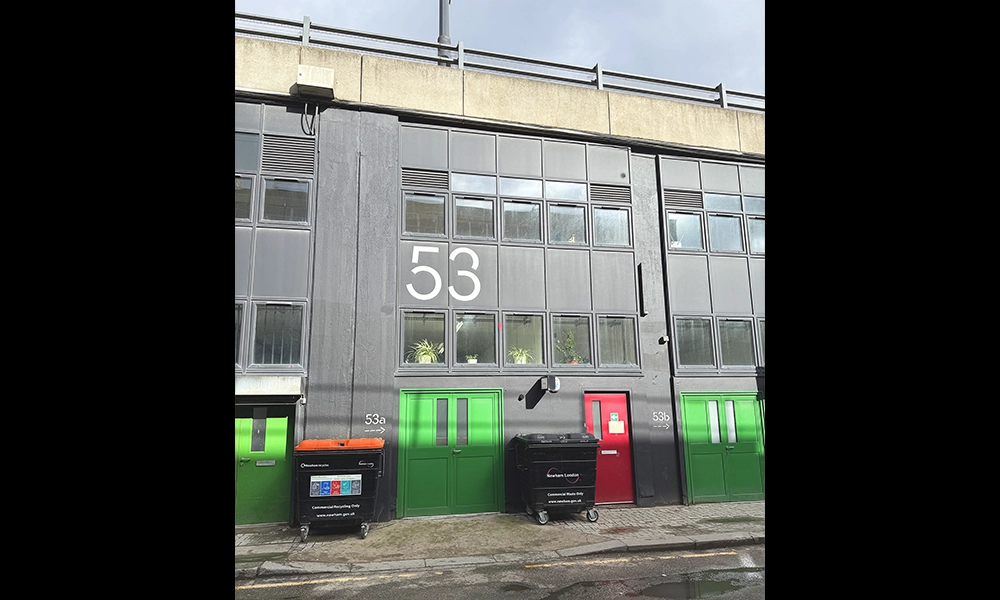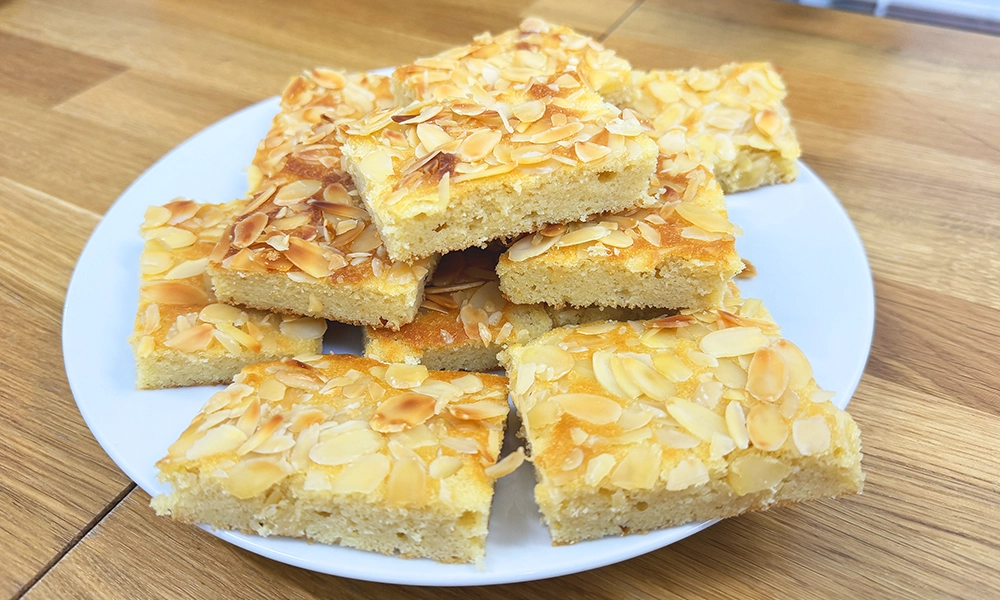Taiwanese global chain opens its fourth branch at Crossrail Place in Chai Ki’s former unit
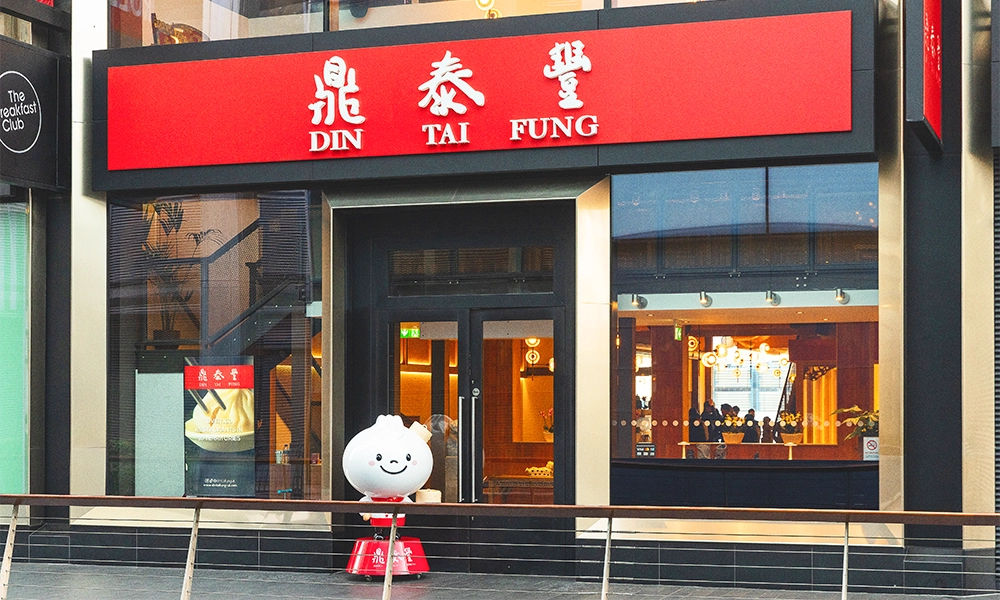
Subscribe to our free Wharf Whispers newsletter here
As I’m sat chatting to Zeta Leung, one of the staff at recently opened Taiwanese restaurant Din Tai Fung is wrestling the venue’s cheerful dumpling-headed mascot through its doors and out onto the street in time for opening.
To be honest, I can empathise with Bao Bao, the character’s name and a tribute to the signature dish on the menu.
I’m inside the restaurant surrounded by friendly stone lions, warm bamboo and gentle lighting and I don’t want to leave either.
Din Tai Fung is a big brand.
It boasts more than 160 restaurants worldwide, but its Canary Wharf branch in Crossrail Place is only its fourth in Europe, all of which are in London.
It’s also operating at a level beyond most chain venues.
Its first Hong Kong branch won a Michelin star in 2010 among many other awards and its food is served in the USA, Australia and across Asia including Japan, Thailand, Singapore and Indonesia.
Its story, however, began in Xinyi Road in Taipei, Taiwan.
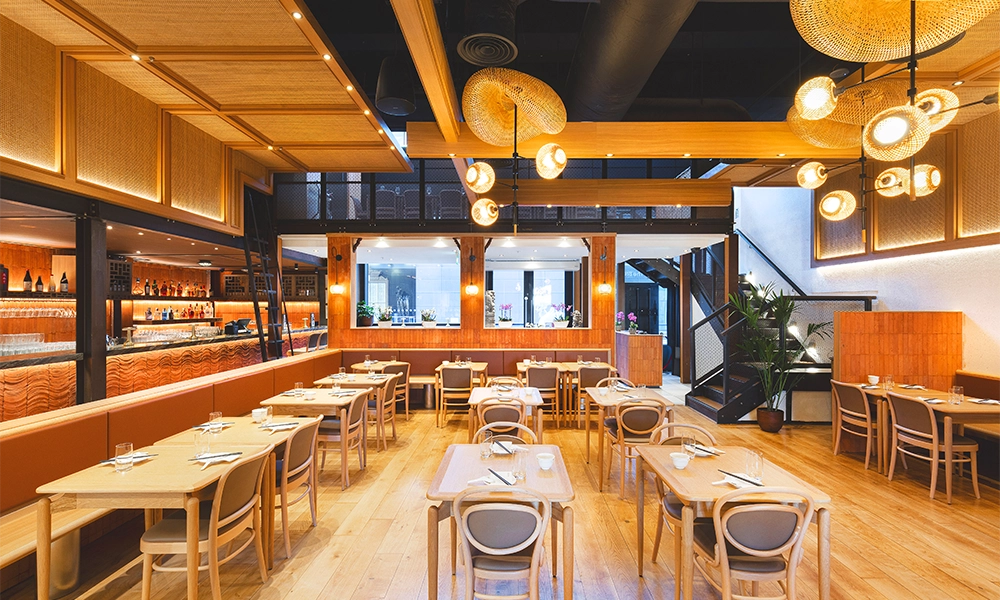
decades of heritage
“The business dates all the way back to 1958,” said Zeta, marketing manager at Din Tai Fung UK.
“Mr Bing-Yi Yang originally sold cooking oil with his wife, but by the 1970s the industry had changed and they weren’t doing too well.
“They decided to innovate by opening a little dumpling shop in part of their premises, using the oil in their dishes.
“Word got out and the obsession with the dumplings they were crafting began. Din Tai Fung became famous in Taiwan and the brand expanded globally in the 1990s, first to Japan.”
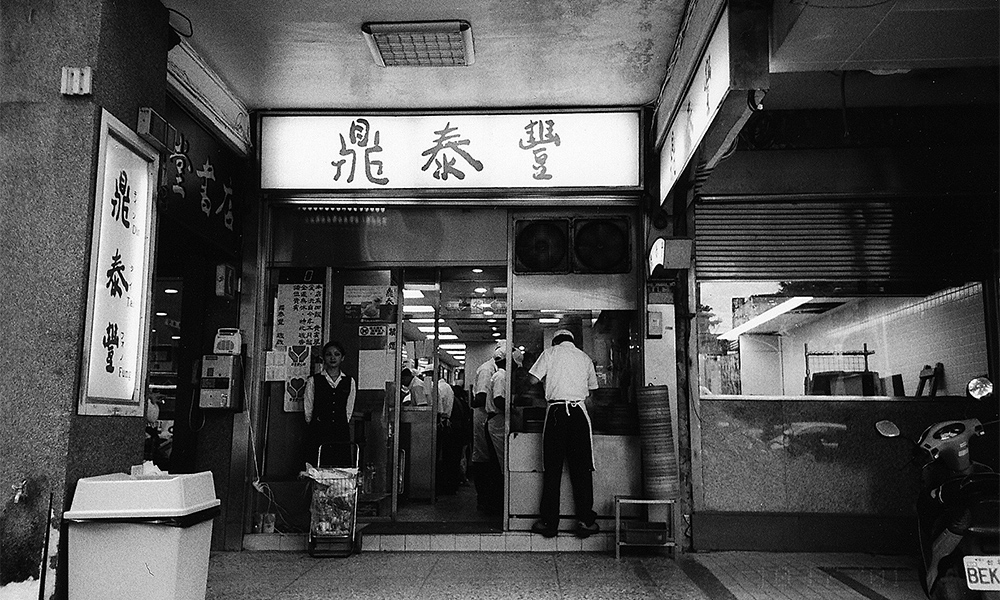
Zeta, who grew up in Hong Kong and has spent the last five years working in the UK hospitality industry, remembers visiting the original branch in Taipei at the age of 10 and has long been a fan of its food.
“I was amazed how consistent the quality was everywhere I went,” she said.
“I’ve always loved the brand – there’s a lot of story to be told and that’s why I wanted to come and work for Din Tai Fung.
“I believe in the company and its potential to grow in the UK and Europe – it’s unique.”

bringing Din Tai Fung to the UK
The company opened its first restaurant in the UK in Covent Garden in 2018 before expanding to Tottenham Court Road and Selfridge’s.
“Canary Wharf was a no-brainer because we know that we’re very much loved by the Asian community and it’s very much at the heart of that,” said Zeta.
“Then you have the office workers and the people living on the estate, which is a more recent development.
“It feels like the right time to be here with people returning to the office and we thought it was the perfect opportunity to open a neighbourhood restaurant when this space became available.”
Located in the unit formerly occupied by Chai Ki, Din Tai Fung’s interior manages to blend functional minimalism with warm welcoming touches.
There’s much use of bamboo and terracotta for texture, while stone lions watch on with benevolent expressions.
There’s a small bar area next to the entrance and a private dining space on a mezzanine above alongside the main restaurant.
“So we wanted a warm vibe for the Canary Wharf location – almost as though you’re walking in to somebody’s home – so we’re using the dark oranges of the tiles and natural materials to create that,” said Zeta.
“It’s a place where people can come for a light lunch or as the light fades somewhere that feels really cosy.
“Just as we do in all our restaurants, we’ve made sure guests can see our dumplings being made before they are served, which adds some theatre to dining here.”
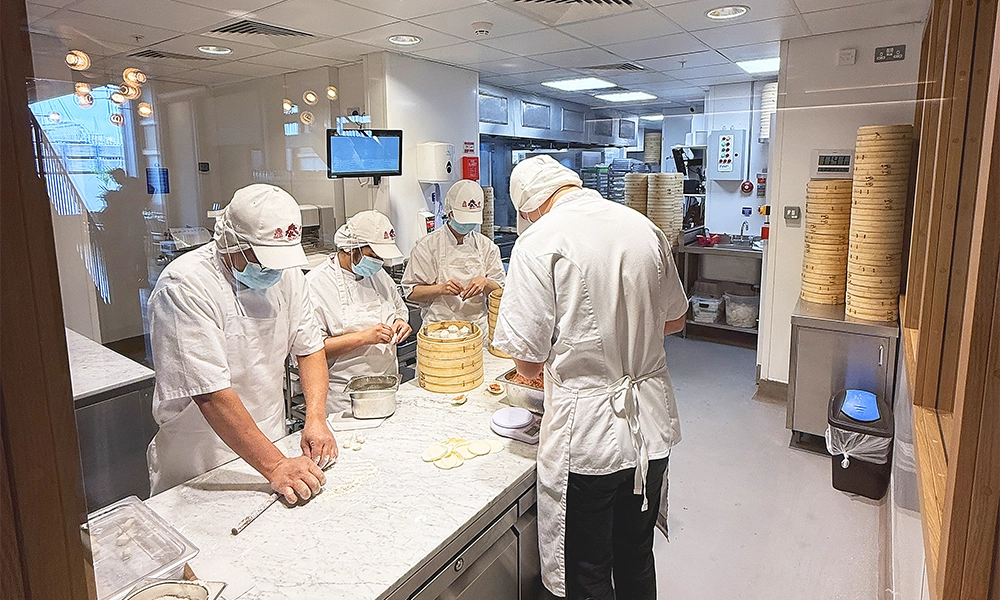
Xiao Long Bao at Din Tai Fung
Din Tai Fung is known for these Xiao Long Bao, presented at the table in the bamboo steamers they are cooked in.
“It’s a very specific type of soup dumpling,” said Zeta.
“Once you steam it, the juices from the filling are contained in the wrapper.
“To eat them properly, guests dip the dumpling in the sauce provided – soy sauce, vinegar and ginger – and place it on their spoon, poke a small hole in it to release the broth and then enjoy the whole thing in one bite.
“Sometimes it takes a few goes to get right, but that’s part of the enjoyment.”
Din Tai Fung isn’t just about dumplings, however.
The restaurant offers a wide range of dishes for diners to choose from.
“There are more than 70 different items on the menu, separated into different categories,” said Zeta.
“We also have a large selection of cool appetisers such as cucumber with chilli sauce – it’s absolutely delicious.
“Our oriental salad is amazing too, with a rainbow of colours and everything is hand-cut.
“Our food is generally quite light and refreshing on the palate, different from some other Chinese restaurants.
“As a global brand, customers expect our dishes to taste the same in every single restaurant, so we set stringent standards to maintain that.
“For example, our rice and some other ingredients are imported from Taiwan, but we also source premium produce locally.”
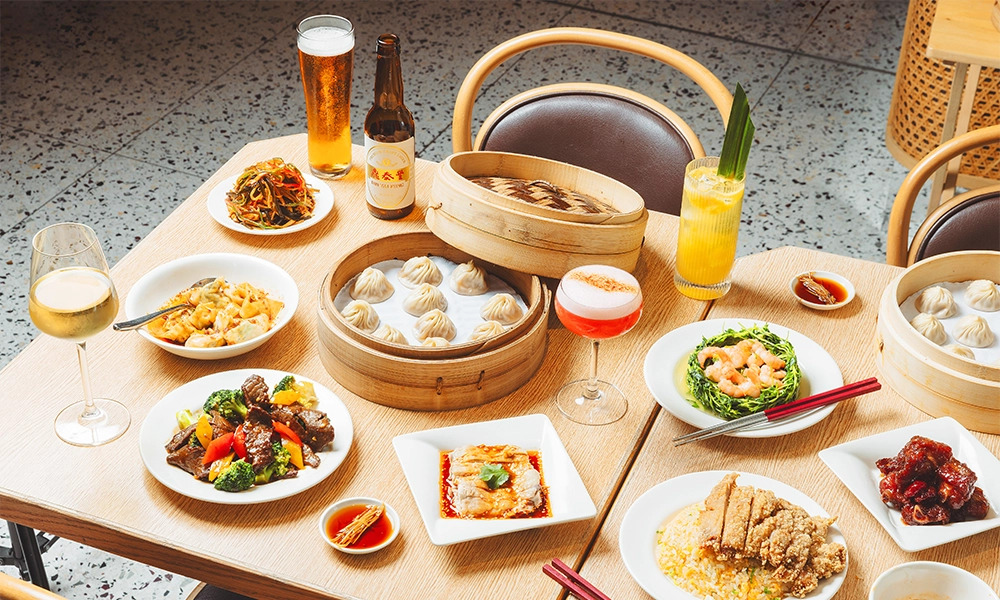
sweating the small stuff
“It’s about attention to detail,” said Zeta. “Our fried rice is very popular among workers for take-away, such as a pork chop on egg-fried rice, where we use premium eggs.
“It sounds like an easy dish to make, but it’s all about timing and temperature – when to add the spring onions to the oil.
“It needs to be just right to get the scent of them evenly spread through the whole dish.
“It’s the same with everything we do as a brand.
“Take our drinks, for instance. Our staff are skilled in using simple ingredients to create signature cocktails – we’ve launched Din, Tai and Fung, which are the top sellers.
“Last year we also launched our very own lager in collaboration with a local brewer.
“We had a whole team of people involved in choosing the right hops and we designed the labelling and bottling in-house – the team visited the brewery to see the whole production process.
“We try to keep things simple, but it’s also what our customers want, staying true to the brand. Then, if you want to be extravagant, we have an incredible wine list too.
“We serve our food sharing-style and we also offer tasting menus and masterclass experiences where chefs demonstrate how the food is made.”
Full details of the restaurant, menu and events can be found on the restaurant’s website or by following @din-tai-fung-uk on Instagram.
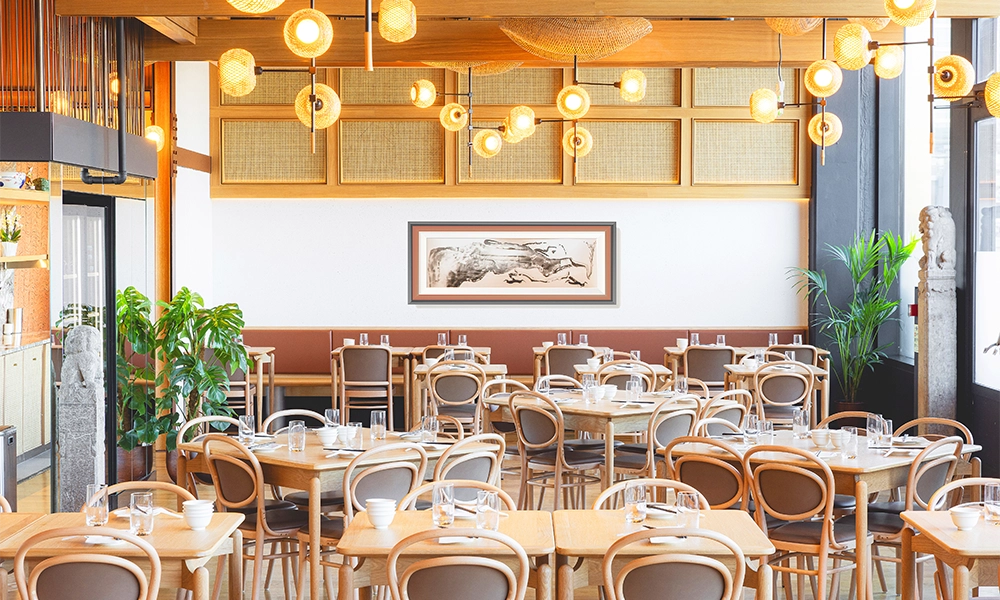
key details: Din Tai Fung
Din Tai Fung’s Canary Wharf branch can be found at Crossrail Place.
The restaurant is open from noon-10.15pm on weekdays, 11am-10.15pm on Saturdays and 11am-9.15pm on Sundays.
A serving of 10 Pork Xiao Long Bao costs £18.50.
Find out more about the restaurant here
Read more: How Green Pioneer could be the future of decarbonised shipping




